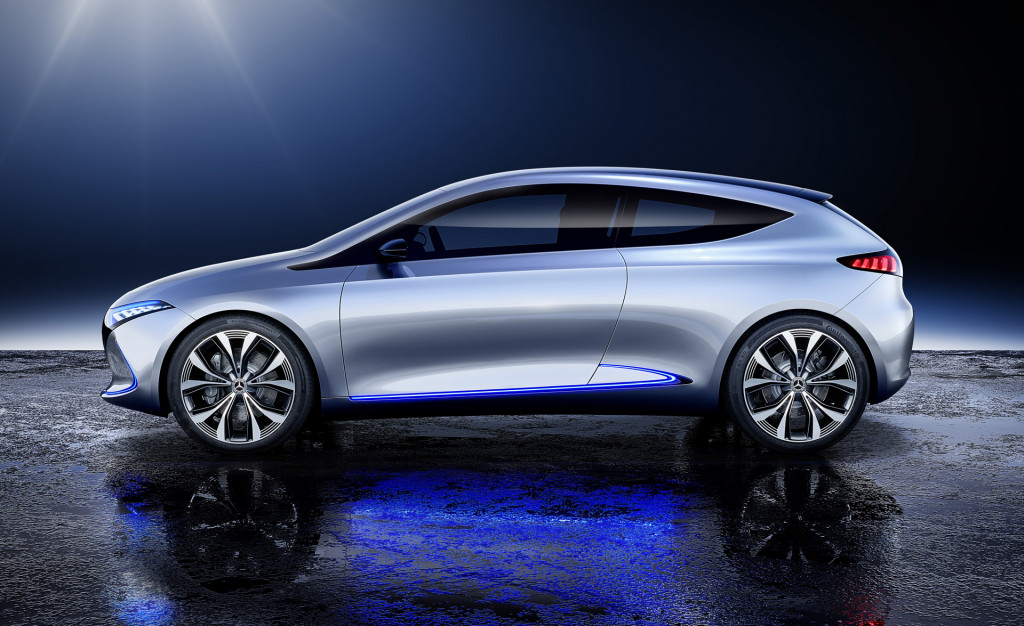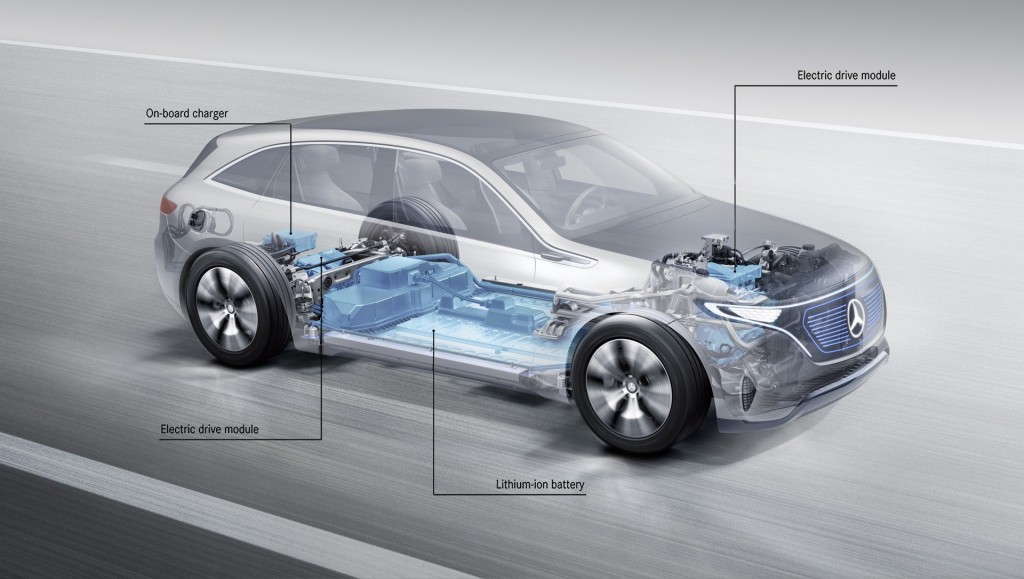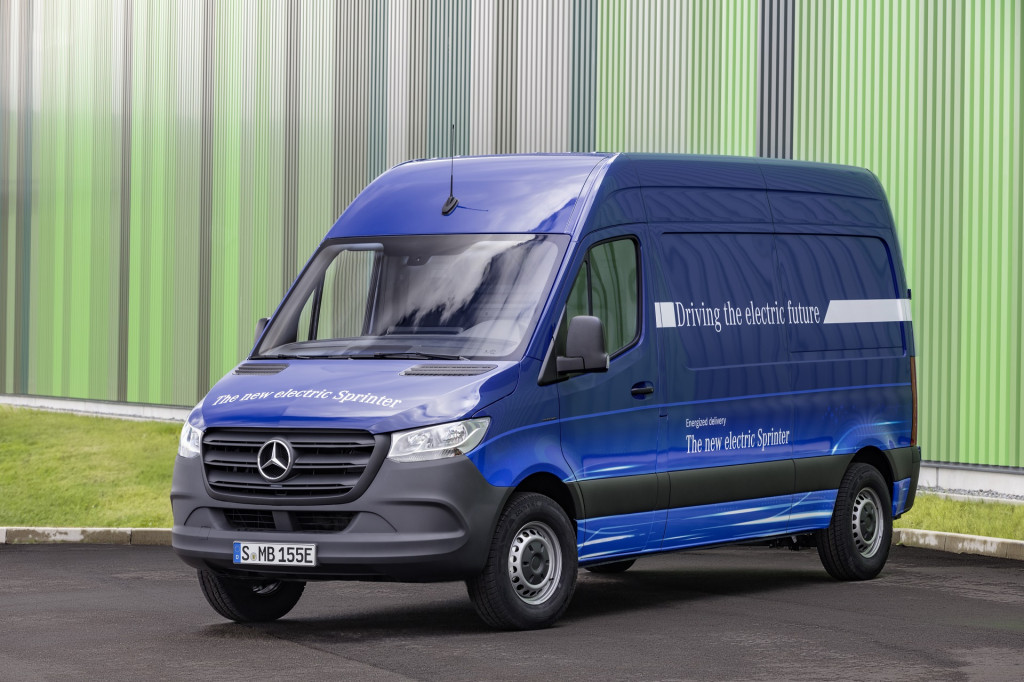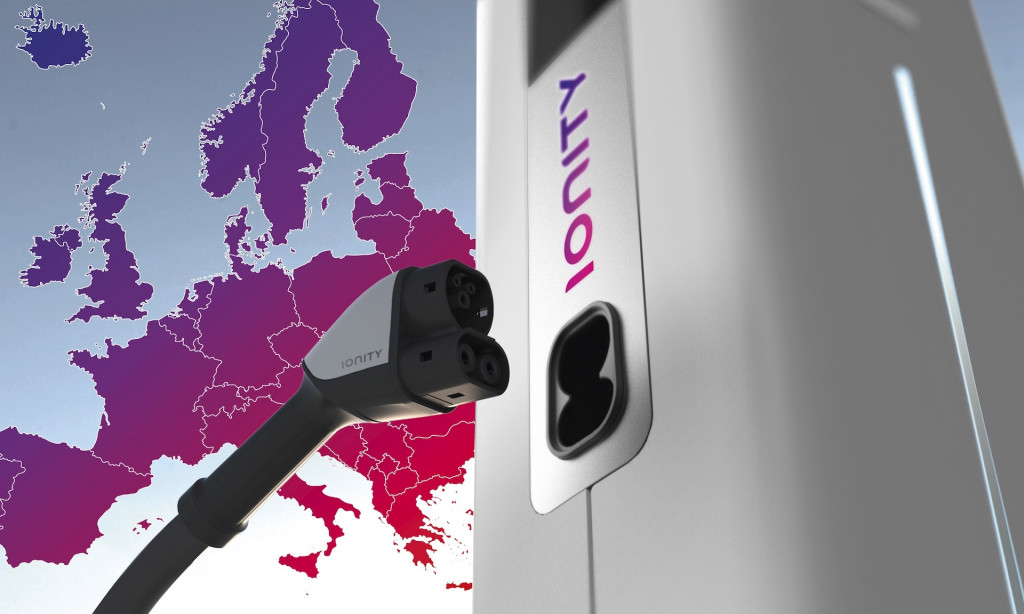Daimler AG executives said Tuesday that diesel power for Mercedes cars is here to stay, even as electric cars and electrified mobility spreads throughout its passenger and commercial vehicles, and even its global partnerships.
Electrified vehicles include everything from 48-volt mild hybrids through plug-in hybrids to battery-electric cars.
At the Geneva Motor Show, Daimler chairman Dieter Zetsche said Tuesday his company would not change its diesel strategy, despite a German court ruling that said cities could legally ban older diesels in an effort to reduce dangerous levels of nitrogen oxides that contribute to air pollution.
Zetsche added that the company sold more diesels around the world in 2017 than it had in 2016.
CHECK OUT: Mixed messages on future of diesel at Geneva Motor Show
The issue of nitrogen-oxide emissions has been debated and largely solved, said Ola Källenius, head of Daimler research and product development.
The company’s new generation of diesels use urea injection to mitigate those emissions, and make their exhaust gases almost indistinguishable from those of gasoline engines on that front.
However, older diesels—the majority of such vehicles on the road—do not have those systems. New rules that mandate tougher diesel emissions in Europe came into effect only at the start of 2017, almost a decade after emissions limits in the U.S. mandated the systems.
Källenius says the diesels his company now sells, and those currently under development, emit 15 to 20 percent less carbon dioxide than their gasoline counterparts.

Mercedes-Benz EQA concept, 2017 Frankfurt auto show
That’s why—at least for the European market—Daimler still sees a strong future for diesels.
“If we stay rational, (it’s still a) very good choice for many customers, especially if you do a lot of miles,” he said.
Electrics slide into place with EQ family
Customers around the world have distinct needs, and Källenius added that it would be “unwise” for Mercedes-Benz to rule out diesel altogether as a choice.
But while diesel has a role in Daimler’s lineup, executives said emphatically that all future Daimler vehicles would be electrified.

Mercedes-Benz Generation EQ concept, 2016 Paris auto show
“We definitely have switched to a full-fledged commitment to electromobility,” Zetsche said.
In passenger cars, Daimler will gradually introduce 48-volt technology across the four platforms and 40-plus nameplates it sells worldwide.
That technology will enable it to electrify all its vehicles to some extent: it will be able to sell diesel, mild-hybrid, and plug-in hybrid vehicles that all use the same 48-volt platform.
DON’T MISS: 48-volt mild hybrid systems: what they do, how they change the car
A wave of plug-in hybrid vehicles will emerge under a new EQ sub-brand across the Mercedes and Smart lineup.
Starting with the new compact family of cars that arrive this fall, Mercedes will sell plug-in hybrids with 30 miles of electric driving range or more, with longer-range versions still in development.
The EQ brand will be further split into EQ Boost, the 48-volt mild-hybrid system; EQ Power, which will be applied to plug-in hybrids; EQ Power Plus, for AMG-branded models; and EQ, for pure battery-electric vehicles such as the compact crossover vehicle Mercedes will unveil this fall.
In the medium term, Mercedes plans to sell a plug-in hybrid in every vehicle lineup, before it begins to sell a wide range of battery-electric cars.

2019 Mercedes-Benz Sprinter e-Sprinter electric version (European model)
Future emissions
The electrification effort cannot begin and end with cars alone, Zetsche said.
“Realistically, you have to acknowledge the car is just one element of it,” he said. “There will be an electric part of translation in trucking as well.”
Rivals such as Tesla have proposed long-range trucks powered only by batteries, while Daimler has proposed Sprinter vans with battery power.
READ THIS: New Mercedes-Benz eSprinter electric van set for European debut
Beyond that, Zetsche said, Daimler will build hybrid and battery-electric trucks for special transportation tasks while it considers the entire system of electrification.
“You cannot think transportation without thinking energy,” Zetsche said.
While consumer acceptance and battery costs have moved in a positive direction, Zetsche says a number of issues need to be resolved before mass electrification can become reality.

Ionity multi-brand European charging network
Charging networks are just one. Daimler is a part of Ionity, a DC fast-charging consortium that will build 400 charging stations across Europe, in cooperation with VW, Ford, and BMW, among others.
Power generation is another. Clean driving must come from a clean source of power, and that, Zestche said, must include clean battery production.
He noted the “quite significant” carbon-dioxide footprint created by battery production, which must be overcome before the benefits of electric vehicles can be realized, as well as recycling battery packs and heavy-metal mining.
“We cannot address all of these issue alone,” he said.

Geely Press Conference NAIAS
All roads lead to Tesla
China is widely acknowledged to be in the driver’s seat of future electric cars, where government policy will ensure they proliferate most quickly and scale up most affordably.
With that in mind, Zetsche met last week with Li Shufu, chairman of China’s Geely Co., after Shufu bought a 9.7-percent stake in Daimler to complement acquisitions and stakes in Volvo, Proton, and Lotus.
Daimler already has a Chinese partner in BAIC, but Zetsche said he would be open to cooperation with Shufu and Geely so long as BAIC was consulted. A venture with Geely has some appeal, Zetsche said.
MORE INFO: Mercedes to make electric cars at its China factory with BAIC
“It doesn’t take too much fantasy to see potential upside” in working with Shufu and Geely. Shufu, Zetsche said, is “certainly someone who thinks beyond the next week.”
To that point, Zetsche said his meeting with Shufu led more down a philosophical road. The two newly engaged business titans had a wider discussion that landed on the electric-car elephant in the room: Tesla.
“It was more about Elon Musk [potentially] sending satellites into orbit in order to set up [a] future mobility system,” Zetsche said. “More in that sphere...than in sharing an axle.”













